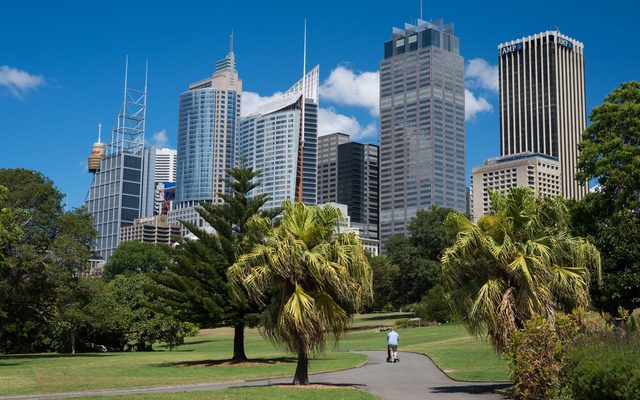This article is from the Australian Property Journal archive
MAJOR retail landlord Vicinity Centres is looking to offload $1 billion of non-core sub-regional and neighbourhood shopping centres, and direct the proceeds to its “transformative developments” and optimise its portfolio in the difficult retail environment.
Vicinity, created out of the $22 billion merger of Novion Property Group and Federation Centres in 2015, owns a half stake in the country’s largest mall, Chadstone, which recently posted $2 billion of annual sales for the time, putting it in the top five shopping centres worldwide.
The group also recently acquired Sydney CBD retail assets the Queen Victoria Building, The Galeries and The Strand Arcade, as well as Chatswood Chase, and owns the DFO centres.
Vicinity’s CEO Grant Kelley said proceeds from the sales would be “reinvested into transformative developments, including The Glen and Box Hill Central in Melbourne; Galleria in Perth; and Chatswood Chase and Bankstown Central in Sydney; and additional value-accretive development opportunities”.
“It is clear that we need to focus our resources on creating destinations that provide market-leading shopping, dining and entertainment experiences,” he said.
Vicinity sold the air rights above The Glen to Jeff Xu’s Golden Age Group, which this week launched a $450 million apartment development over the centre will comprise 555 apartments across three towers. The project is being delivered in parallel with Vicinity and Perron Group’s $460 million redevelopment of The Glen itself, which will bring new supermarkets, 240 new shops and an overhauled food and beverage offering.
Moody’s Investors Service estimated retail property trusts were plunging $1.6 billion into Australian mall redevelopments throughout the 2018 financial year amid a rush to enhance the experiential aspect of their assets in a bid to thrive in the difficult retail environment. Vicinity, Scentre and Stockland are calculated to make up around 80% of that figure.
JLL’s latest Retail Centre Managers’ Survey showed a number of landlords are transitioning their tenant profiles with retailers who are less likely to be disrupted by online retailing, with food and beverage operators, as well as health, gyms, medical centres, other medical-related services and insurance that are expanding in shopping centres.
Kelley said the group had sold $1.9 billion of assets at a 2.1% premium to book value since 2015.
“These proceeds were used to reduce debt and then reinvested over time into substantially higher returning asset acquisitions and developments, creating significant securityholder value and improving portfolio specialty sales productivity by 22% to $10,243 per sqm.”
The group saw improved sales performances in the March quarter, with total portfolio moving annual turnover up from 0.5% growth to 1.4% from the December quarter, and comparable specialty store MAT growth was up from -0.7% to 0.4%.
Vicinity has appointed JLL as real estate advisor and coordinator of the asset sales process, working with Macquarie Capital as corporate advisor on the asset sales program.
“There are other assets in the portfolio to which the market is not ascribing, in our view, full value. We are working through options as to how to deal with these, with a further update anticipated at our annual results briefing in August,” Kelley said.
The $1.0 billion of asset sales is expected to dilute funds from operations per security by 1.0 cents on an annualised basis, and no impact on FFO basis anticipated for the current financial year. Assuming the repayment of debt, gearing would be taken down by around 450 basis points.
Australian Property Journal




